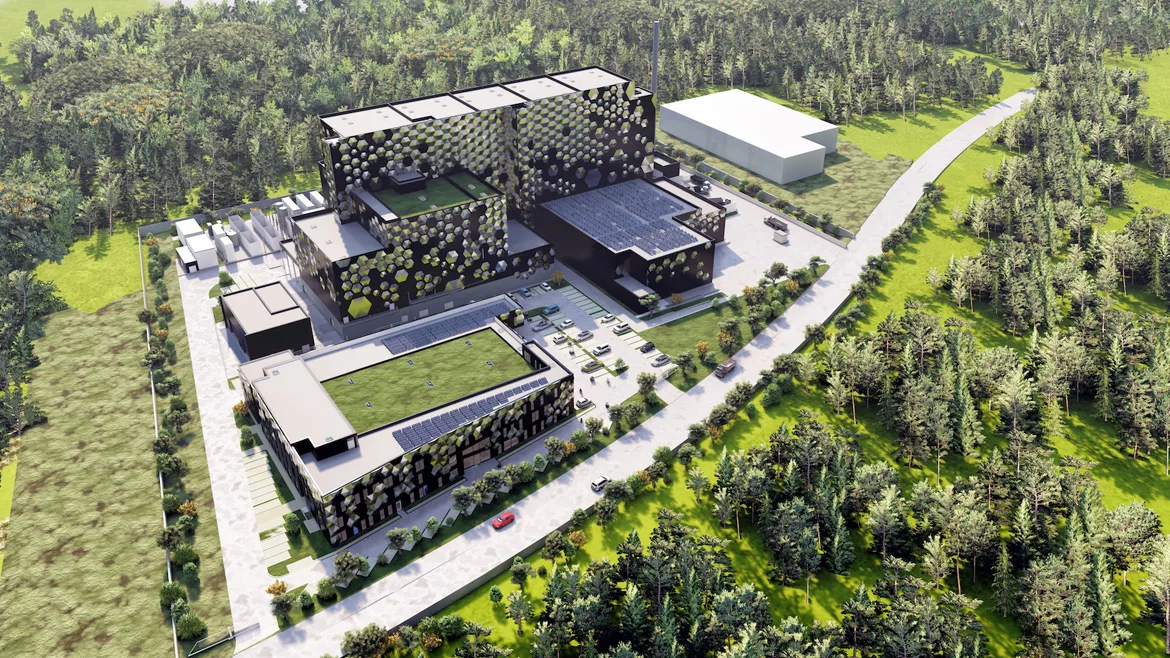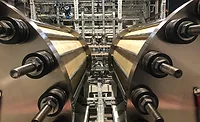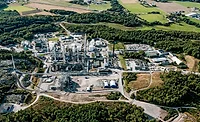OCSiAl Receives Green Light for Project in Luxembourg

LUXEMBOURG — OCSiAl’s graphene nanotube synthesis facility in Luxembourg, expected to be the largest of its kind, is scheduled to begin production in 2025. The new production facility is expected to increase OCSiAl’s current production capacity of nanotubes. OCSiAl’s technology center will contribute to the development of advanced materials for the automotive, construction, oil and gas, electronics, and other industries across Europe.
OCSiAl has been granted approval by the Luxembourg authorities for a production plant, together with an associated R&D center, in Differdange, Luxembourg. The company reports that the facility will further cement OCSiAl’s strategic advantage as the leading supplier of the supermaterial and enhance the geographic accessibility of graphene nanotubes to a wide range of industries.
A graphene nanotube is a unique form of carbon that can be imagined as a graphene sheet, with a thickness of one atom, rolled into a tube. One of the best electrical conductors on earth, graphene nanotubes are 100 times stronger than steel but lighter than aluminum. When added to a material, nanotubes create a strong, conductive skeleton inside the material that results in a substantial improvement in the material’s targeted properties.
Permanent and stable conductivity, color flexibility, enhanced strength, and improved durability of coatings are properties enabled by a nanotube loading starting from 0.01 wt.%. The new center will allow OCSiAl to further improve its technical support for customers and accelerate joint projects.
“Our state-of-the-art graphene nanotube facility in Luxembourg will be positioned between Belgium, France, and Germany, and will allow us to reduce logistics costs and work closely with leading automakers, the largest chemical producers, and polymer manufacturers across Europe,” said Konstantin Notman, Chief Executive Officer of OCSiAl Group.
OCSiAl plans to invest $300 million in the development of the facility, which was designed to minimize the usage of energy and resources as well as to protect the population and the biodiversity in the surrounding environment from any negative impact. Graphene nanotubes contribute to sustainable development by giving industries the ability to create next-generation products with previously unachievable properties and with fewer raw materials required.
OCSiAl’s headquarters and one of the company’s three graphene nanotube development centers are already located in Luxembourg. The new facility will expand the company’s global footprint and increase its headcount by 300 across research and production. For more information, visit www.ocsial.com.
Looking for a reprint of this article?
From high-res PDFs to custom plaques, order your copy today!





